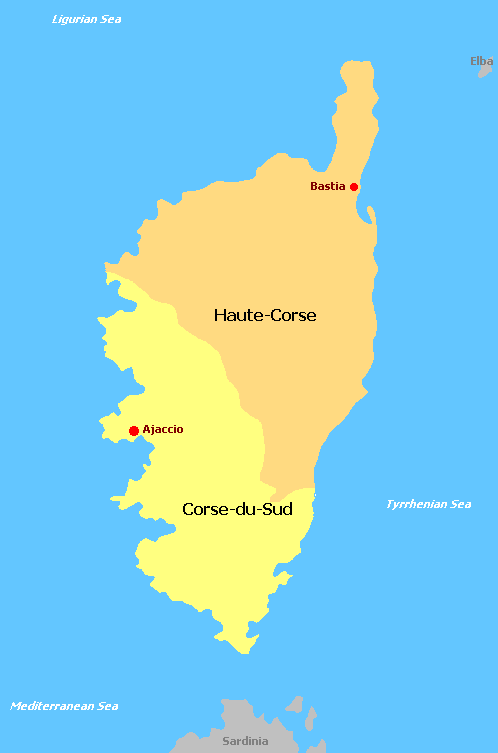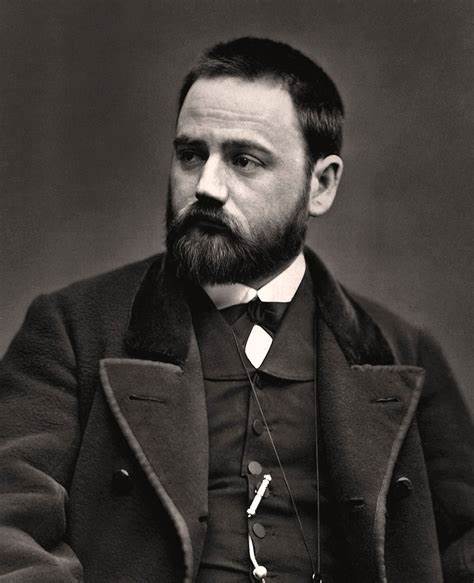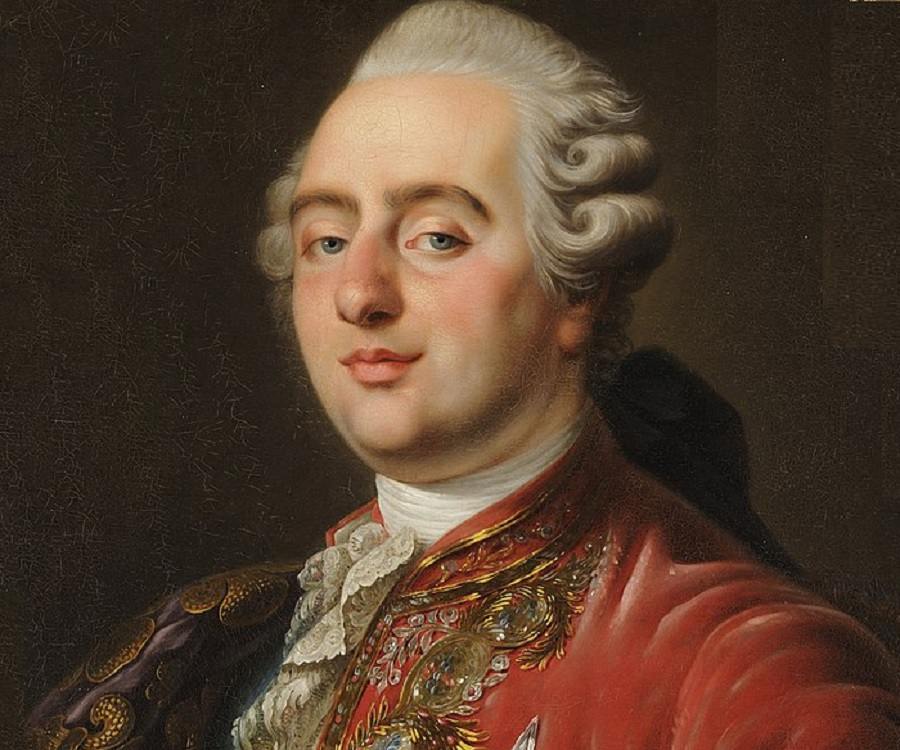Corsica
Grades 5+
Note: Three sentences in this essay have incorrect grammar. See Activity 1.
 Corsica, now a part of France, is a large island west of Italy, which is a land of beautiful beaches and rugged mountains. It was also the birthplace of two men who changed history.
Corsica, now a part of France, is a large island west of Italy, which is a land of beautiful beaches and rugged mountains. It was also the birthplace of two men who changed history.
∗
After leaving Corsica, Angelo Mariani worked as a pharmacist in a laboratory in Paris. In 1863, he created an alcohol by combining coca leaves with Bordeaux wine. He put it on sale to see what happens. In three years, it was a great success.
In 1885, he built a modern factory, set up his own coca greenhouses, and started selling millions of bottles a year. To build his brand, he sent bottles to heads of state, generals, and the Pope. They sent him letters of thanks.
 He also sent bottles to the three most famous French writers of the time: Émile Zola, Jules Verne, and Colette. They praised the wine’s health benefits, making it even more popular.
He also sent bottles to the three most famous French writers of the time: Émile Zola, Jules Verne, and Colette. They praised the wine’s health benefits, making it even more popular.
In the United States, John Stith Pemberton, was a retired Confederate Army veteran who, like Mariani, also worked as a pharmacist. In 1885, he launched an alcohol-free version of the drink. Pemberton’s version of the drink contained extract of coca leaves, caffeine, and sugar.
It became known as Coca-Cola.
∗
Corsica was also the birthplace of Napoleon Bonaparte, the most well-known French leader in history.
 Corsica was a French colony at the time of Napoleon’s birth. At first, Napoleon supported the idea of Corsica as an independent country. Soon he realized that Corsica, and France too, were too small for him. It was not big enough for his plans. He wanted to create a French empire that spanned Europe.
Corsica was a French colony at the time of Napoleon’s birth. At first, Napoleon supported the idea of Corsica as an independent country. Soon he realized that Corsica, and France too, were too small for him. It was not big enough for his plans. He wanted to create a French empire that spanned Europe.
Napoleon took over France after Leftists overthrew – and beheaded – King Louis XVI and then murdered over 10,000 people in the name of “Liberty.” Napoleon eventually invaded most of the rest of Europe. He conquered the Italy, the Austrian-Hungary Empire, and Egypt, and he led his troops on a disastrous attempt to conquer Russia, only to have much of his army freeze to death after being caught by the Russian winter.
He ended up dying in exile on St. Helena, a tiny island isolated in the southern part of the Atlantic Ocean.
∗
Napoleon’s wars killed between 3,250,000 and 6,500,000 people, including many by starvation. They devastated Europe.
In 2022, Coca Cola employed 82,500 people, down from a high of 150,900 in 2012. It helps feed families in some of the poorest countries in the world.
Corsica Activity 1
Identify and fix the pronoun problems.
1. Corsica, now a part of France, is a large island west of Italy, which is a land of beautiful beaches and rugged mountains.
2. It was not big enough for his plans.
3. Napoleon’s wars killed between 3,250,000 and 6,500,000 people, including many by starvation. They devastated Europe.